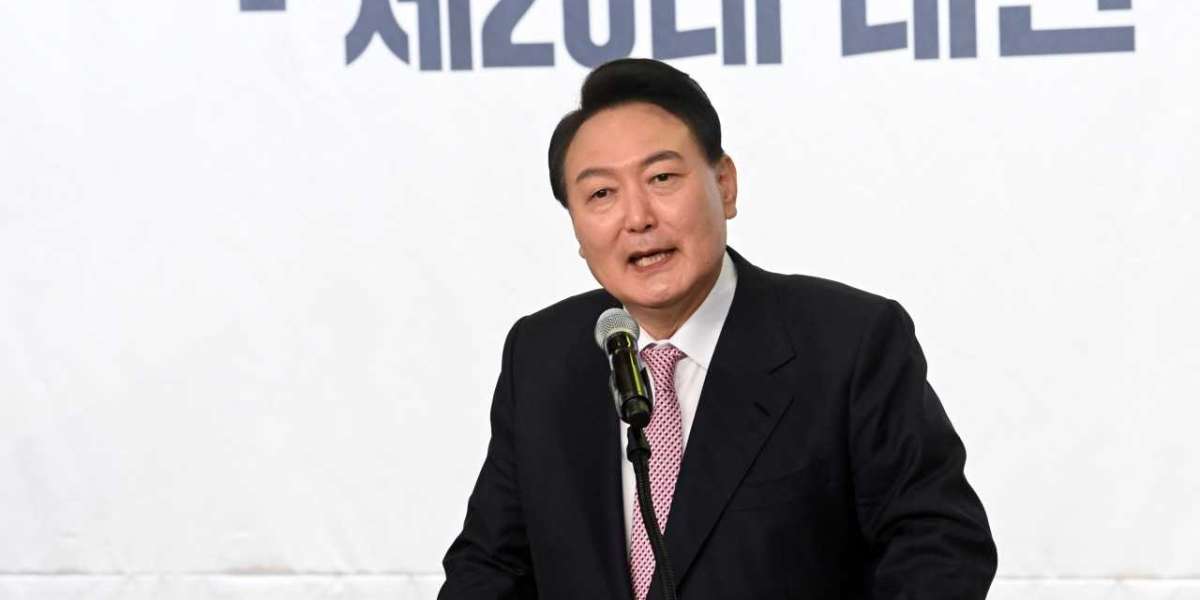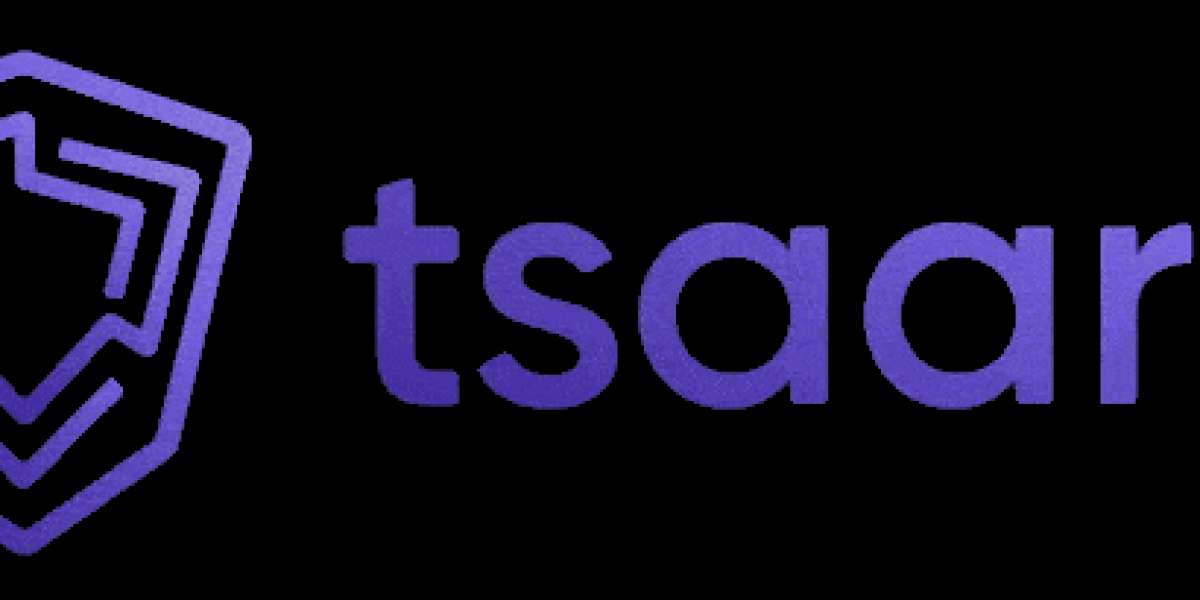COVID-19 is a financial rescue operation.
The compensation of people who have suffered economic losses as a result of the COVID-19 outbreak is at the top of his priority list. As part of Yoon's proposals, "fair and full" compensation for losses will be granted, and counseling will be made available to merchants and self-employed individuals who have been harmed by the pandemic.
Yoon promised to form a presidential committee dedicated to COVID-19 compensation as soon as he took office, as well as to submit new legislation and amend existing rules in order to initiate compensation programs as soon as possible.
The precautions that have been implemented will remain in effect for two years after the epidemic has been officially declared finished.
Creating employment that are both long-term and 'decent'
Establishing positive feedback for economic growth, welfare, and job creation is the next step in the job creation process. Yoon's plans call for the integration of socioeconomic policies, ranging from industrial and education policies to labor and welfare policies, as part of his overall strategy.
Yoon intends to take a two-pronged strategy in order to attain his aim. One of his goals is to establish a regulatory reform organization, which he thinks would make it easier for corporations to invest in the country. He also intends to loosen labor restrictions in order to offer businesses and employees greater flexibility in areas such as determining working hours.
The second component of the strategy is to enhance government assistance for businesses, including tax breaks and funding for research and development, in order to assist businesses in growing and to direct government resources toward startups in the domains of medicine and cultural content. In addition, the plans call for the creation of more social service employment, such as those involving the digital transformation of linked professions and other such positions.
2.5 million new dwellings
Yoon's proposals for stabilizing the real estate market include the construction of 2.5 million new homes by 2026, according to the president. The plan places a strong emphasis on the private sector, with just one-fifth of the total amount of housing being provided by the government as public rental housing.
The plan also focuses on Seoul and the surrounding areas, with up to 1.5 million new houses being built in Greater Seoul, with 500,000 of those being erected within the city limits of the nation's capital.
The National Election Commission received guarantees that the Yoon administration will develop a road plan with further specifics, including information on financing the projects, as soon as possible after the project's commencement.
Reform of the government and the presidential office
Yoon has made two major commitments in the area of government reform. The first step is to demolish Cheong Wa Dae and completely overhaul the presidential office, followed by the establishment of a "digital platform government."
Specifically, Yoon promised to deconstruct and reassemble the presidential office in order to simplify operations. He also stated that the office will relocate to the government complex in Seoul. Following consultation with the general public and specialists, the land now occupied by the presidential office of Cheong Wa Dae will be repurposed for various use.
When it comes to the government, Yoon has stated that he plans to consolidate all government websites — including those of central government bodies and organizations under them, as well as those of local governments — into a single website in order to establish the "One Site for All Services" webpage.
Apart from that, Big Data and Artificial Intelligence technology will be employed to create a government that "predicts future societal crises" and responds to them in a proactive manner.
Increasing the importance of research and technology
Another of Yoon's major commitments is to improve the country's research and technology capability. President Yoon intends to convert Korea into a global leader in new technologies through regulatory reforms and the introduction of new instruments such as a presidential science and technology council.
Among other things, Yoon promised to improve government leadership in linked sectors and to implement a "date-based" manner of administering state activities as part of the plans. Additionally, Yoon's proposals call for growing state support for research and development "without interference," a process that would entail relaxing restrictions governing government RD subsidies. Yoon's government would also attempt to increase international collaboration in research and development, as well as to host RD centers for global corporations in Korea.
It is also planned to revise the government's system for managing research and development projects in order to create an environment that encourages "creative" and "adventurous" research, with science and technology developments geared toward addressing national issues such as disease, air pollution, carbon neutrality, an aging population, and a low birthrate.
More assistance with delivery and child care
"The joys of the individual and the foundations of the country's continuance," Yoon said of pregnancy, delivery, and child care, pledging that his administration will protect these "fundamental rights" as part of its commitment to "the continuation of the country."
Yoon stated that as part of the plans, the government would raise subsidies for medical checks for women, infertility treatments for couples, and for any problems that are closely related to pregnancy and childbirth. In addition, the government has pledged a 1 million won ($810) monthly stipend for new parents for a period of 12 months, as well as broader postnatal support, including coverage for postpartum depression.
Creating a more equitable society through the abolition of the Gender Ministry
Yoon made three major commitments in order to fulfill his campaign goal of establishing a fairer society. Among Yoon's recommendations are the abolition of the Ministry of Gender Equality and Family, which he claims is "considered unfair by young people," the provision of equal opportunities, and the "resolution of injustice across society."
Yoon has described the Gender Ministry as producing "unfair policies that favor women," and he has promised to establish a new body that will shed light on the "value of 'family' and the efforts of young people to compete fairly in the marketplace."
Additionally, as part of his commitment to a fairer society, he intends to crack down on unfair advantages in university admissions and employment, as well as strengthen penalties for sex crimes and false accusations.
Yoon also pledges to make the finances of civic organizations more transparent and to crack down on illegal actions by hard-line labor unions, in what appears to be an effort to focus on areas where the Moon Jae-in administration has been accused of failing, in an apparent effort to address areas where the Moon Jae-in administration has been accused of failing. Yoon also intends to decrease the age at which a criminal trial may be held from the current 14 to 12 years old, as well as to tighten the conditions for foreign employees' families who wish to take use of the national health care.
Diplomacy that is "confident," as well as strong security
When it comes to diplomacy and national security, Yoon says he will work to achieve "complete and verifiable denuclearization" of North Korea while also attempting to "rebuild trust and strengthen future-oriented ties" with the United States of America.
Yoon has committed to develop a "predictable road map" and to maintain international sanctions until total denuclearization is accomplished in order to achieve this goal. He did, however, leave the door open to the possibility of economic assistance in exchange for "genuine denuclearization" actions taken by the North.
According to Yoon, Seoul will play a pivotal role in international collaboration, as well as in multinational and inter-Korean discussions on denuclearization and disarmament.
On the defense front, Yoon has committed to increase anti-missile defenses in South Korea and to deploy additional THAAD batteries in the country.
Increasing the use of nuclear energy and achieving "realizable" carbon neutrality
Yoon's primary energy strategy is to strengthen the country's nuclear energy capabilities, with the goal of making the country a world leader in nuclear energy by the year 2020.
Yoon envisions a sustained investment in nuclear energy under his leadership, which will contribute to Korea's efforts to achieve carbon neutrality while also increasing related exports.
The president's commitments state that his government would develop measures to meet the greenhouse gas reduction target of 30% by 2030 and the carbon neutrality aim of 100% by 2050.
Education that is equitable, as well as 'cultural welfare'
Yoon has established three major objectives for himself in terms of schooling. First and foremost, Yoon sees a transition to a digital education system that is characterized by openness, liberty, and creativity.
Second, he promised to "normalize" education in schools and to ensure that all students had equal access to education. The third step is to create a "education environment that is built on autonomy."
Yoon has pledged to provide the technology necessary for a "AI education revolution," to enhance the fairness of university admissions, and to assist high schools and junior colleges in generating highly skilled personnel in order to realize his educational objectives.
On cultural problems, Yoon committed to guarantee that more people have access to culture and to create a cultural ecology that is both sustainable and equitable.



